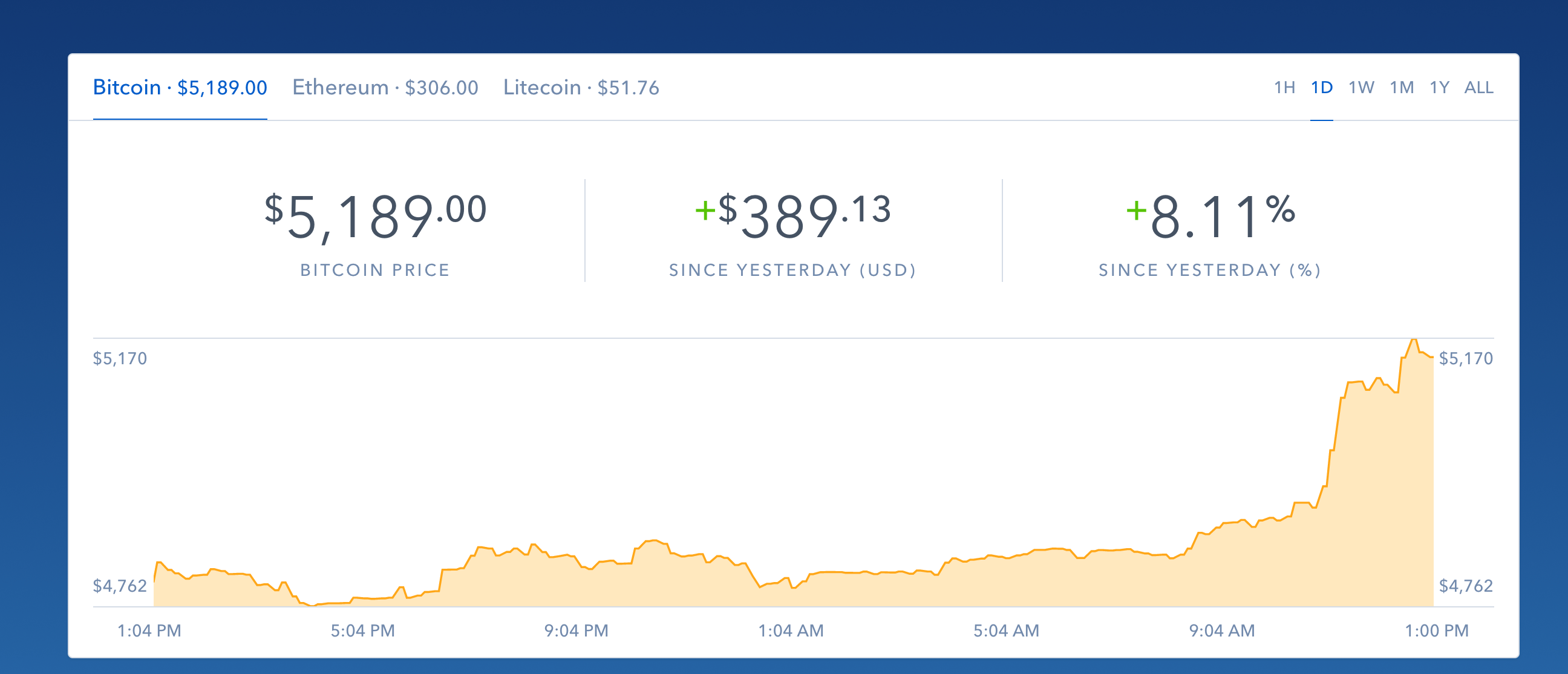Managing one’s money has always been a major concern of every adult. Earning it through conventional means can be tough, while saving it can be just as difficult. Together with the rise of technology and social media, cybercrime and hacking has also become rampant. It’s no wonder that people would turn to alternative means in securing their money.
In 2009, a breakthrough was made by an anonymous group or person under the pseudonym Satoshi Nakamoto. That breakthrough was the emergence of cryptocurrency.
What is Cryptocurrency? Cryptocurrency is a form of digital or virtual money that is designed to be secure and in most cases, anonymous. This process is made possible through the use of cryptography, a method of transforming information into seemingly unbreakable codes so that third parties can’t intercept it. Cryptography was born during World War 2 when the need for secure communications became desperate. It has since evolved with the digital era, thereby, making cryptocurrency almost impossible to fake or reverse.
The first ever and most commonly used cryptocurrency is the Bitcoin. This cryptocurrency is famous for the Block Chain which is an online ledger that resides in multiple computers and keeps track of all transactions that involve bitcoins. This ledger is exposed to limited threats and can be copied across all computers that have the Bitcoin software.
The other thing that makes cryptocurrency so alluring is the fact that it uses decentralized technology. This makes it immune to government interference and readily available to everybody. Not only that, transactions have also become cheaper as users only need to pay minimal fees compared to what banks usually charge for wire transfers.
A recent addition to the raging trend of cryptocurrency is the Initial Coin Offering (ICO). What is ICO? ICO is an unregulated and controversial means of gathering money through the use of cryptocurrencies and is commonly used by startup companies to gain capital.
What is an ICO? Just as the name suggests, ICO can be likened to a regular Initial Public Offering (IPO) or crowdfunding venture. As such, whenever a startup company wants to raise money, part of their shares is sold to the public and then the regular procedure of an IPO follows afterwards. Some of these procedures involve stating what the project is about, the amount of money needed to start the venture, the duration of the ICO campaign, and the amount of money that will be allocated to the developers.
Unlike IPOs, ICO is considered more popular as individuals and companies alike can earn quick money. In addition, ICO investment happens to bypass all the strictand rigorous processes required by capitalists and banks, thus, motivating more people to participate and companies to embrace this method.
Although ICO and IPO are similar in practice, there are some key differences. One of them being that IPOs deal with investors, while ICOs deal with supporters. The supporters’ keen interest in the project’s success can be likened to that of a crowdfunding event. However, backers of a crowdfunding event are more interested in the return of their investments, while the funds received in an ICO campaign are more like donations.
In the process of an ICO investment, investors are encouraged to buy the ICO Cryptocurrency coins distributed by the company in exchange for virtual currency. These crypto coins are also known as “tokens” which are similar to the shares owned by a company. These are then sold to investors like in a regular IPO transaction. Investors are motivated to buy tokens as a successful project could mean the skyrocketing of the value of the coins that was initially purchased.
However, because of the anonymous nature of using cryptocurrency, this has become the perfect tool for conducting nefarious activities such as fraud, money laundering and tax evasion. Investors should be cautious of where they invest their money as some ICO campaigns are actually fake. Since they aren’t regulated by financial authorities, the funds spent on these campaigns will never be recovered.
Moreover, because cryptocurrencies don’t have an actual physical repository, all digital currency will be lost if anything happens to the system and a backup copy isn’t made. Lastly, despite its renowned security, cryptocurrencies aren’t completely immune to hacking.
In Bitcoin’s short history, the company has been subjected to at least 40 thefts that accumulated to over 1 million dollars in value. Because of this, many people regard cryptocurrencies with distrust. Another boon of cryptocurrency is that not many people are knowledgeable on how it works.
In spite of these, many still see the value of cryptocurrencies. First, it is a currency whose value remains unchanged. It helps facilitate exchange and transaction among supporters. It is more transportable and is outside the influence of powerful banks and governments. Ever since the creation of Bitcoin, cryptocurrencies have taken the world by storm and several more companies emerged with the same nature such as Ethereum, Ripple, and Litecoin. Major countries like Japan, Russia and China are slowly accepting cryptocurrencies as the new currency of transaction.
Developing countries such as Nigeria and Venezuela are also considering cryptocurrencies as they can benefit from it. For example, in instances when a currency’s worth is close to zero, people can still use cryptocurrencies to start a livelihood and to perform simple transactions like buying basic necessities. Also, online payments and purchasing goods overseas becomes easier as it bypasses the strict regulations that the banks enforce. Lastly, many people from developing countries see cryptocurrencies as a way to help democratize their nation. This belief is enforced by those that have been failed by their conventional money. While it’s not definite, there is a chance that cryptocurrencies will become a choice of payment for digital transactions.




Comments (No)